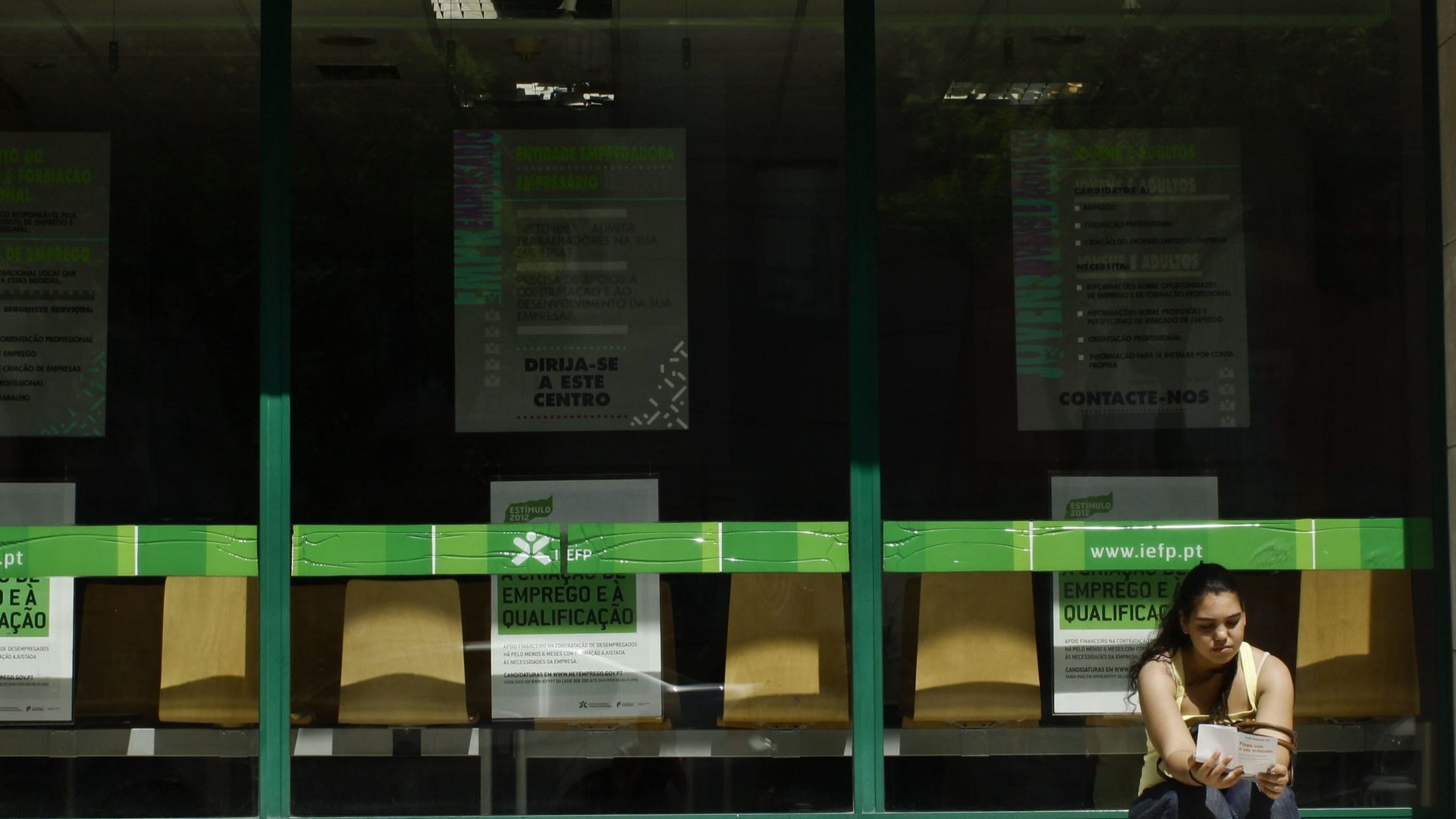Are Brussels’ forecasts pessimistic? Letter suggests so
The European Commission's forecasts concerning the evolution of the Portuguese structural balance should be worse than those made by Portugal.
This Thursday, the European Commission is preparing to present their Spring Economic Forecast, a crucial report to ascertain what economic and fiscal policies recommendations should commissioners approve for each EU country. And concerning the results of the fiscal consolidation efforts, the first signs point to more pessimistic projection than those inscribed in the Portuguese Government’s Stability Programme.
"[There are] substantial uncertainties regarding the estimate used in fiscal surveillance, notably the potential growth, the output gap and the speed at which it is closing.”
Last week, the Finance minister from Portugal, Spain, Italy and France sent a letter to the EC vice-president, Dombrovskis, and to the commissioner for Economic and Monetary Affairs, Moscovici. In the letter, they criticize the methodology the European Commission enforces to estimate the potential GDP, an indicator which estimates the potential growth of an economy without considering the impacts of the specific economic cycle it is going through or acknowledging the potential earnings from structural reforms in countries who suffered an economic crisis. The ministers end the letter by clearly asking the Commission “to factor in” those methodological factors in the “work plan for the coming months and to take into account the current economic juncture” in the assessment of the member states’ fiscal policies.
ECO knows the Portuguese government went by Brussels’ rulings in the Stability Programme, but only concerning the Excessive Deficit Procedure. When the Portuguese government mentions they “compute potential GDP according to the European Commission’s methodology”, they are, in fact, mentioning the rulings on the Growth and Stability Pact, which help identify what are the extraordinary measures with impact on the deficit — and exclude them from accounts.
Yet, concerning the potential product itself, a source close to the Executive assured ECO that the Finance ministry is using the EC’s methodology. This means the issue is not a difference in applying the European rulings, but a difference of econometric methods. The evolution the Portuguese Government estimates for the structural balance for the upcoming years is more optimistic than the forecast from Brussels, since the many potential GDP the Executive is taking on for Portugal are higher.
When assessing the 2017 State Budget draft, the EC asked the Portuguese Government to intensify the consolidation efforts, in order to comply with the 0.6 percentage points correction in the structural balance; in the Stability Programme, the Government points to a 0.3 percentage points’ correction this year. Therefore, the Government anticipates Brussels numbers will be less favorable than theirs, ECO knows, from the reading two experts made of the letter sent last week; those experts also believe that, in practice, nothing will change in this Thursday’s Spring Forecasts.
Therefore, the document keeps the pressure on the EC to change their methodology, a discussion which has been happening since the Portuguese Socialist Executive took office and present their first draft of the 2016 State Budget to the Commission.




